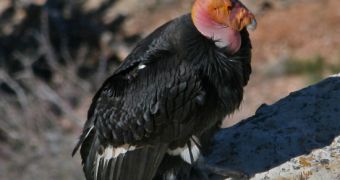This past Thursday, US President Barack Obama signed a bill which turned the Pinnacles National Monument into the country's newest national park. Needless to say, the initiative was welcomed by conservationists and environmentalists across the country.
The signing of this bill means that the US can now take pride in having as many as 59 such wildlife sanctuaries, all of which play their part in safeguarding several vulnerable, threatened and even endangered plant and animal species.
For those unaware, this 26,000-acre area which has now become a national park was made into a national monument back in 1908 by Teddy Roosevelt.
Conservationists explain that, despite the fact that neither the size of this wildlife sanctuary, nor the budget made available for administering it will increase as a result of its being listed as a national park, the fact remains that significant progress is being made in terms of raising awareness with respect to environmental issues. The Active Times quotes Paul Spitler, the director of wilderness campaigns for the Wilderness Society, who made a case of how, “This will literally put Pinnacles on the map.”
“You have millions of people who drive on the highways right past Pinnacles and don't know that it's there. But national parks are special. They are significant. I think you'll see an increase in visitation,” he went on to add.
Conservationists hope that the California condor, a land bird species presently listed as critically endangered, will benefit a lot from this area's being turned into a national park.
As Neal Desai, Pacific Region associate director for the National Parks Conservation Association put it, “The park's sanctuary for the California condor and native wildlife, its red crags, caves, impressive displays of spring wildflowers, and opportunities for star-viewing under its noteworthy dark skies make Pinnacles a special place and worthy of its national park status for future generations to enjoy.”

 14 DAY TRIAL //
14 DAY TRIAL //